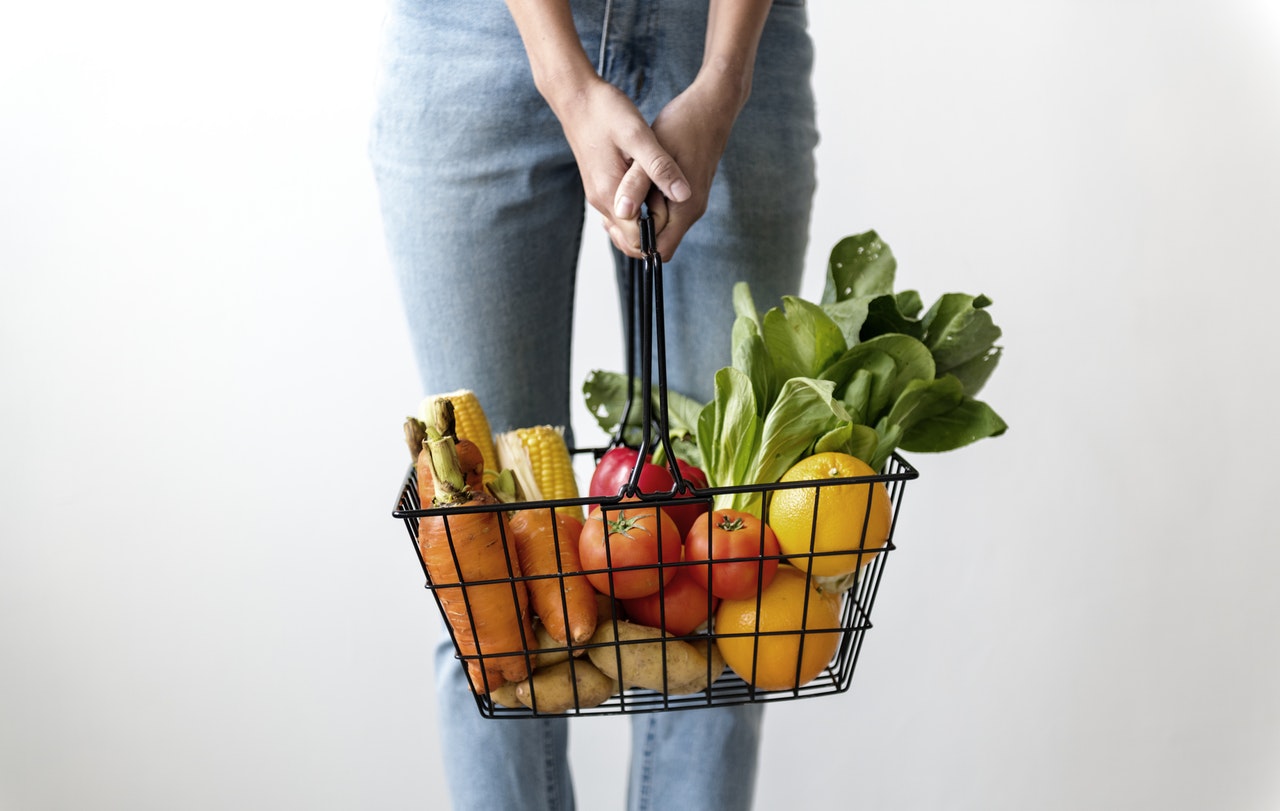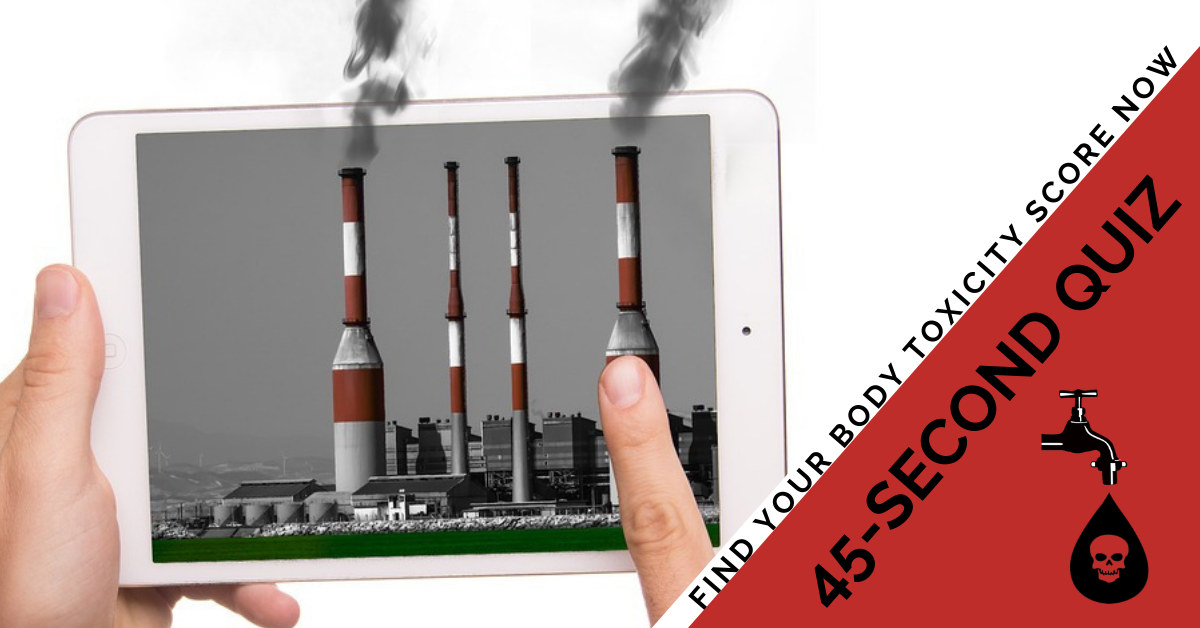
We all know how healthy fruits and vegetables are.
They provide us with the vitamins and useful nutrients that the human body needs to function properly. Yet, some of them hold hidden dangers. I am referring to the traces of pesticide residue on fruits and vegetables.
Conventional agricultural production is known for the use of pesticides. These are needed to prevent the loss of produce due to pest activity. Still, many worry that the reliance on such chemicals could potentially be dangerous for humans.
Pesticide Residue Remains in Fruits and Vegetables
Chemicals have the ability to pass through the soil and to enter plants together with water. The process affects nearly all commercially produced fruits and vegetables.
Many people lack understanding about the meaning of the word pesticides. Pesticides are all chemicals and artificial substances used to protect plants from pests. The name comes from the Latin Pestis meaning plague and Caedo meaning kill.
Pesticides are Toxic and Potentially Dangerous
They are believed to be carcinogenic and diminishing the human reproductive abilities.
According to researchers, the amounts of pesticides stored in fruits and vegetables are too small to be dangerous. Yet, taking some precautionary measures is always the best option, especially if you have children in mind.
Some fruits and vegetables have the potential to accumulate larger amounts of pesticides than others. Peaches, apples, peppers, celery, strawberries, cherries, grapes, spinach and lettuces feature among the fruits and vegetables that soak up significant amounts.
Much smaller amounts of pesticides can be found in onions, avocados, corn, pineapples, asparagus, peas, kiwis, bananas, cabbage and broccoli.
Soak Fruits and Vegetables in Water before Consuming Them
This procedure diminishes both the amount of pesticides and nitrates. Once done, let them dry and wash them under running water.
It is important to wash carefully fruits and vegetables when you purchase them. Soap solution can diminish the amount of pesticides and nitrates by 10 to 15 percent. Always peel vegetables like squash, cucumbers and potatoes.
The same applies to fruits. Peel peaches, since they are the fruit containing the highest amount of pesticides.
Remove the upper leaves of cabbage and lettuce. These are the ones that contain the highest concentration of pesticides.
When consuming hard fruits and vegetables like potatoes and carrots, it will be best to use a soft brush when cleaning them. Keep the vegetables under running water and brush the surface thoroughly.
If you feel uncomfortable with pesticide residues in fruits and vegetables, go for organic production. A set of regulations is used to determine which plant growing practices are suitable. Organic agriculture prohibits the use of pesticides and harmful chemicals.
Avoid large stores and the fruits and vegetables sold there. Try to find smaller markets or purchase fruits and vegetables from small producers. Most people, who produce small amounts, refrain from using the chemicals that mass production needs to protect fruits and vegetables from pests.
Eating healthy isn’t just about choosing the right products. It also involves making conscious choices about the produce you get and its history. The more you know, the easier it will be to control the quality of the food you buy.
DO YOU KNOW YOUR BODY TOXICITY SCORE?
Take this short 45-second quiz to find out your toxicity score now, and uncover the truth about toxins that may be in your food, water, household products, and more.




